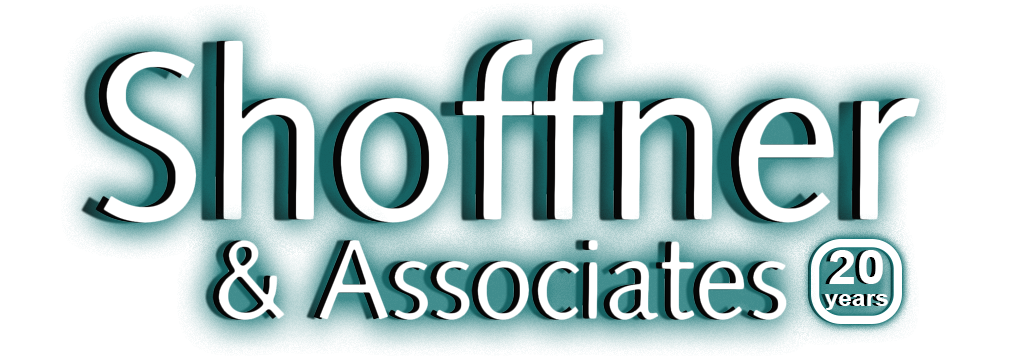The Coronavirus has brought to light so many necessities. The pandemic has also reminded us of the fragility of life. That combination emphasizes the need to have a complete and current estate plan. This article reviews just what makes up your estate plan.
A good estate plan has many vital components. You want to make sure that your estate plan is structured to avoid probate, save on estate taxes, protect your estate if you move into a nursing home, and appoint someone on your behalf if you become incapacitated. Covid-19 has brought to the forefront the need to prepare for any incapacitation and for end of life planning.
At a bare minimum your estate plan should have a durable power of attorney and a will. A medical directive allows you to select someone to make medical decisions for you. A trust helps to avoid probate and manage your estate while you are alive and after your death.
A will is a legally binding document that designates individuals or charities who will receive your property and possessions upon your death. A will also allows you to name a guardian for your minor children.
Property outside of probate includes property in trust, property with named beneficiaries, jointly owned property, and life insurance proceeds. These properties aren’t included in a will.
There are various kinds of trusts. Trusts are private documents which allow a third party or trustee to hold assets for a beneficiary or beneficiaries. Trusts are most often created to avoid probate. Property in a trust can pass directly to the beneficiaries upon the donor’s death. Trusts can provide tax advantages for the donor and beneficiaries. Trusts can help the donor qualify for Medicaid and provide protection from creditors. Your estate planning attorney will advise you as to whether a trust is appropriate for you and your estate.
Appointing a power of attorney allows a person you have selected to act on your behalf on financial matters if you become incapacitated. If you do not appoint a power of attorney a court will appoint one of their choosing should the need arise. This process also takes time and money.
A medical directive includes a variety of documents. A health care proxy and a durable power of attorney for health care appoint a person of your choosing to make health care decisions for you if you are not able to. A living will directs your healthcare wishes for your end of life care.
At the time of writing your estate plan, also be sure that your retirement plan beneficiary designations are current. Make sure your money goes where you want it to go!
The Coronavirus has emphasized the need for estate plans. Make sure yours is up to date. Attorneys recommend that estate plans be reviewed every three years. They should also be updated when there are major changes in your life such as births, deaths, and marital status. Contact Shoffner & Associates to make sure your estate plan is current and addresses your needs. If you don’t have an estate plan this is an important time to create one. Shoffner & Associates can easily work with you on your estate plan remotely through Zoom, Skype or Hangouts and is always available by phone and email. During this time of social distancing we can still be close to you and support you.
Freya Allen Shoffner, Esquire featured Professional Speaker, Presenter, Professor.
Need a Speaker for a Business Event? Call your friendly neighborhood attorney today.
With the right help, you are more likely to succeed. The attorneys at Shoffner & Associates will be happy to help you.
Give us a call at (617) 369-0111 or email fashoffner@shoffnerassociates.com




